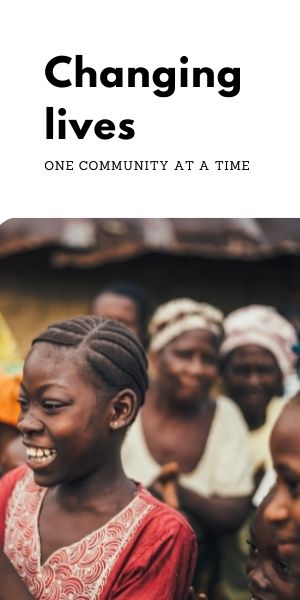THEME: “DIGITAL GENERATION, OUR GENERATION”
To be a girl today is to be part of a digital generation. From the teenage girls taking part in coding camps across Africa through to the members of the Afghan Girls Robotics Team showing the power of upholding girls’ right to education, girls have proven that they are more than ready to lead the digital transformation.
For this to happen we must take into account the diverse digital realities that girls face and the ways in which these can deepen the gender divide around connectivity, skills and online safety. Globally, 2.2 billion people below the age of 25 do not have internet access at home, with girls more likely to be cut off. Those who do get online too often encounter cyberviolence; in a recent survey of 14,000 girls in 31 countries, more than half (58 per cent) had been harassed and abused online. In middle and higher-income countries, only 14 per cent of girls who were top performers in science or mathematics expected to work in science and engineering compared to 26 per cent of top-performing boys. These realities are compounded for girls with poor access to internet or electricity and those living in conflict or crisis situations that compromise their right to education and access to enabling technology.
We cannot afford for girls to be left out of the digital transformation. Not only do digital inclusion and literacy open new avenues for girls’ learning and earning, technology is a crucial enabler of the change girls are already leading around the world in areas such as gender equality, climate action and social justice. That is why the wide diversity of girls’ voices was crucial to shaping the Global Acceleration Plan for Gender Equality that UN Women and partners launched in the context of the Generation Equality Forum (GEF). Adolescent girls worked alongside civil society leaders, governments, corporations and change-makers from around the world on the five-year Plan, which includes commitments to achieve a bold vision for bridging the digital gender divide. Their continued engagement and advocacy in the Action Coalition on Technology and Innovation for Gender Equality will be key to its success.
UN Women will continue to put girls at the heart of the digital revolution by supporting initiatives that include digital access and the development of digital skills; investments in feminist technology and innovation for social impact; new partnerships to build inclusive, transformative and accountable innovation ecosystems; and the design of new tools to prevent and eliminate online and tech-facilitated gender-based violence and discrimination. And we will continue to insist that girls’ right to education, including in ICT and STEM subjects, is non-negotiable.
On this International Day of the Girl, let us work together to ensure that girls are connected, supported and empowered so that we are co-leading the journey of digital transformation.







